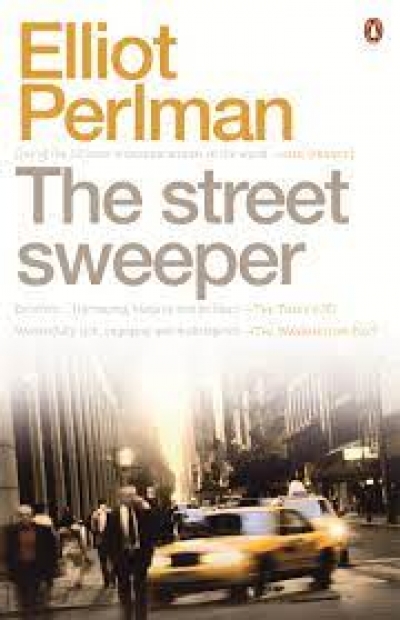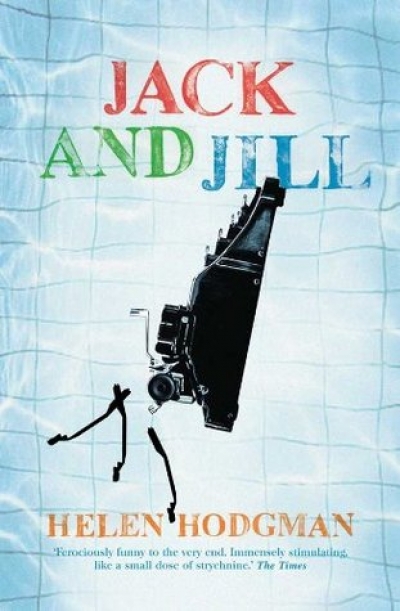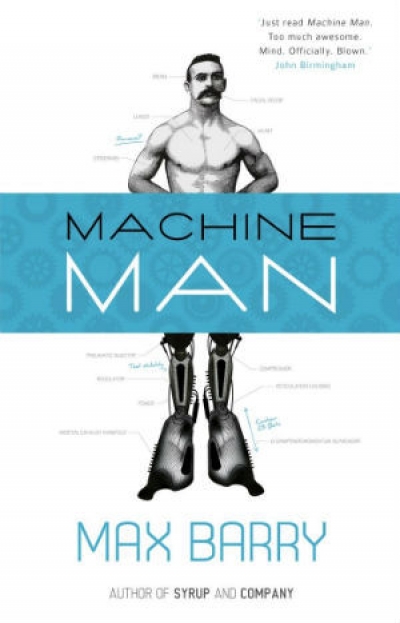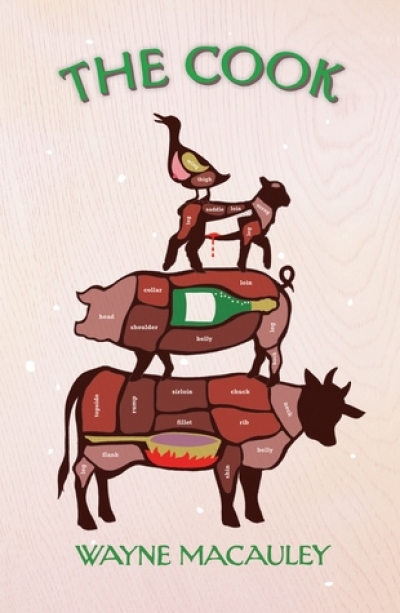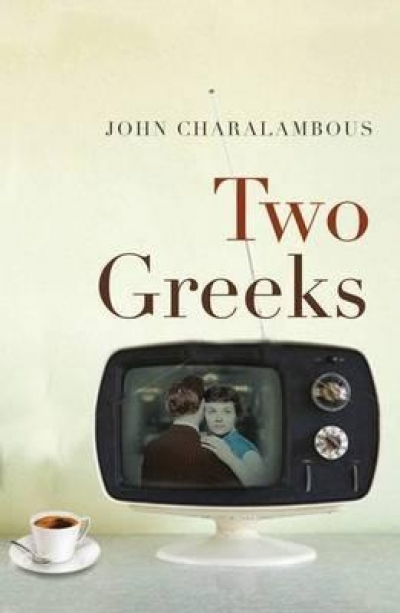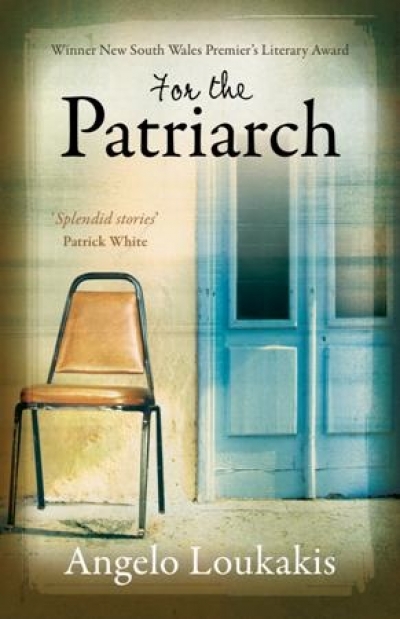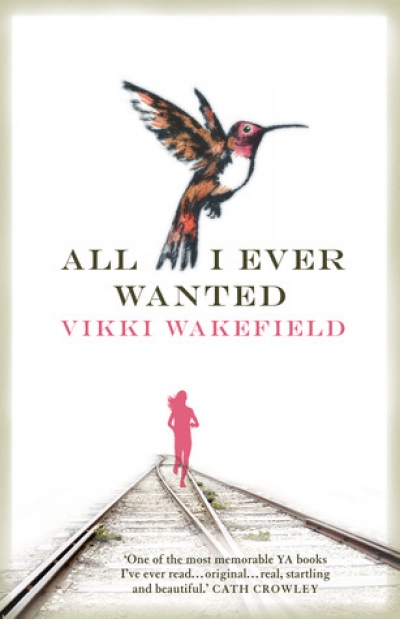Fiction
In 2003, the year in which Elliot Perlman’s previous novel Seven Types of Ambiguity was published, the eminent gadfly David Marr suggested that Australian novelists failed to address major contemporary social concerns. As if anticipating Marr’s criticisms, Perlman wove a plot that involved stock market speculation (and peculation), upmarket Melbourne brothels, privatised prisons, privately managed health care, downsizing and unemployment in the education sector, the crisis in the humanities, economic rationalism, globalisation. Late-twentieth-century capitalism and its discontents, in short. The novel obviously spoke to the judges of the Miles Franklin Award, who shortlisted it for that pre-eminent, if contentious, prize.
... (read more)Australian author Helen Hodgman depicts writing and domestic love as apotheoses of self-annihilation. In Jack and Jill (1978) – Hodgman’s second novel and the second to be reissued by Text Publishing this year, after Blue Skies (1976) – literary imagination acts as a sexual Strangling Fig, and childbearing poses a threat to psychic wherewithal. Mind and body, this stylish short work suggests, are equally appalling, are contradictory, are destructive in combination. Proxies, effigies, and symbolic recurrences abound in the novel, as Hodgman charts her characters’ changing allegiances to sex and art-making in pathological detail.
... (read more)Australia is supposed to have a knowing relationship with East Asia, but the embarrassing truth we keep under wraps is that you can count on one hand the number of first-class translators we have produced. There are no doubt complex cultural reasons for this, but it is hard to escape the impression that many academics teaching Chinese and Japanese have not been earning their keep.
... (read more)Machine Man, Max Barry’s fourth novel, begins with its protagonist Charles Neumann searching for his mobile phone. It takes him twelve very funny pages to find it, but when he does it ushers in the novel’s central ‘tragedy’. It is easy to assume that Barry comes bearing a worn theme about modern society’s alarming reliance on technology, but he is no Luddite, and Machine Man’s central tragedy is also the centre of its comedy. Neumann loses a leg, but as a clinically minded, emotionally incapable engineer whose love for hard science and determination to improve knows no bounds, his loss quickly becomes his (and his company’s) gain – before, inevitably, it becomes his loss again.
... (read more)For a work that deals heavily with culinary aspirations, it is going to be hard to review Wayne Macauley’s brilliant new novel The Cook without reference to Masterchef, so let’s get it out of the way early. This year, after each new episode of the television show aired, the assorted snark-addled wits of the Fairfax press gathered online to do their mocking work. The mechanics of the show were pulled apart, and the comments section soon filled with the matching-set echoes of disdain and mockery. Filling their prose to breaking point with jokes – it wasn’t a sentence unless it tried to get a zinger away – the gathered souls confessed, through their sneers, that the show was nonetheless utterly compelling viewing.
... (read more)What does a young boy make of a father who carries in his pocket a knife that is used to peel fruit, behead chickens, fashion toy flutes, and potentially serves as a weapon to kill his spouse? Two Greeks,the work of third-time novelist John Charalambous, is an engaging study of the power of family and the need for identity. In similar company to Raimond Gaita’s Romulus, My Father and Christos Tsiolkas’s The Slap, the novel delves into difficult emotional territory, but does so with humour and humanity. Like its literary cousins, it has the foundations for an insightful filmic adaptation.
... (read more)For the Patriarch first appeared in 1981 and was much lauded, winning a New South Wales Premier’s Literary Award. The work is an important landmark in migrant writing. Angelo Loukakis, although born in Australia, identifies with the first generation of post-World War II migrants who are under-represented in our literature. Their children and grandchildren are the ones who have engaged with the complexities of what it means to be Australian while acknowledging that their roots lie elsewhere.
... (read more)Amos Oz, who is at the pinnacle of Israeli writing, epitomises the role of writer as a voice of hope, a moral guide, as well as the spinner of dream tales. Speaking recently at the Melbourne Town Hall, Oz captured the mood of progressive thought in Israel when he spoke of the pressing need for a two-state solution to resolve the Palestinian–Israeli crisis, where the warring forces would negotiate over the small tracts of land at issue, and would respect each other’s claims of sovereignty over their lands as indigenous peoples and equals. With his gift for striking images, Oz spoke of a time when Israel and Palestine would have embassies in each other’s countries. Israel, Oz declared, should be the first state to recognise the new state of Palestine. But is it all a dream?
... (read more)The latest work by bestselling Tasmanian novelist Rachael Treasure is a collection of short stories, written at various stages of her career. At the age of thirteen, Treasure began writing mock Mills & Boon stories with her friends. The influence, and the mocking tone, are still there in the square-jawed heroes with chocolate- (or coffee-) coloured eyes and dark curls, but the stories veer ...
Sixteen-year-old Jemima (Mim) Dodd lives in a dilapidated house on the edge of suburbia, with an overweight, couch-loving mother. Mim’s two elder half-brothers are in remand for drug-related offences, and she is struggling not to be sucked into her neighbourhood’s vortex of sex, crime, and violence. Mim seems to be a victim both of her hostile social environment and her dysfunctional family ...


